Sharing Wisdom to make Dating Effective & Enjoyable
Our Jewish dating blog is here to discuss various dating topics & we would love to receive your comments!
The SawYouAtSinai matchmaking process is designed so that your Jewish dating experience is simplified, personalized and efficient. Thousands of Jewish singles of various cultures, backgrounds, ages & interests have found their match & we want to help you too.

No more wasting time, money & effort on ridiculous matches. Our Jewish Matchmakers search & send you quality profiles. You can then accept, decline or save the match.
Matchmakers search, select & send matches, thereby creating an easy & efficient dating experience.
Each Jewish matchmaker gets to know you & your dating needs, & is available to give support throughout.
Become a Matchmaker Matchmaker Chesed Fund Watch VideoThe SawYouAtSinai unique Jewish matchmaking process has helped Jewish singles of all ages, locations & religious levels to find their match
From New York to Jerusalem, London to Texas, or Sydney to Antwerp, SawYouAtSinai brings people together with the help of 300+ supportive Jewish matchmakers.
Whether you are new to the Jewish dating process, a single parent, widowed or divorced - we are here to help you find your match.
Each couple's story is special

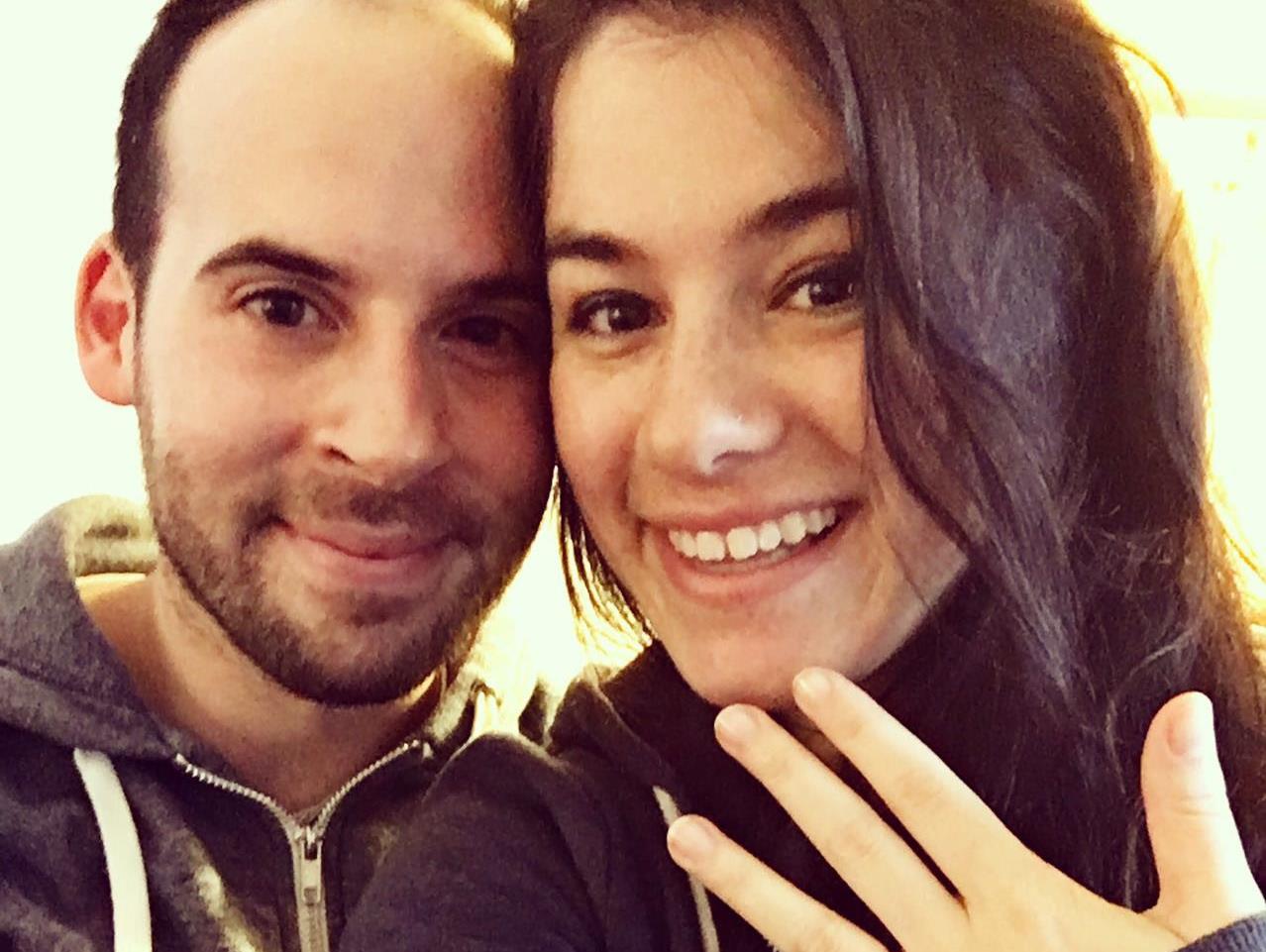
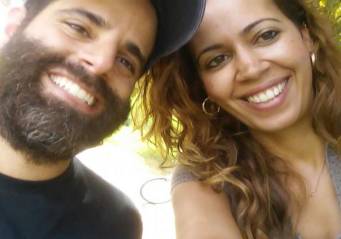
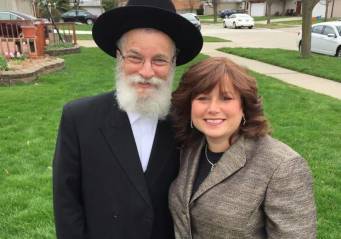
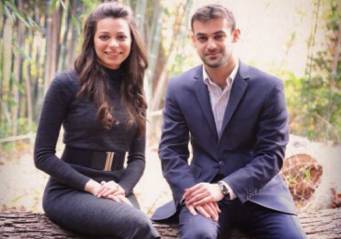

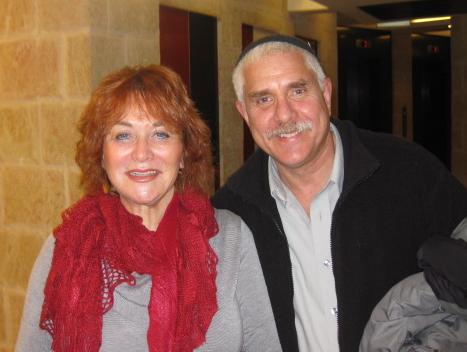
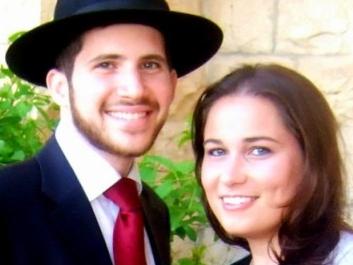
Our Jewish dating events are extremely popular. The combination of an in-event matchmaker and our post-event matchmaking has led to numerous marriages.
SawYouAtSinai hosts Shabbat events in different communities. Each program includes dinner (6-8 compatible guests attend each host family's meal) & additional receptions with all guests throughout the weekend.
SawYouAtSinai also hosts weekday events that vary from wine tastings to lectures, tasting dinners to game nights. In addition, the Meet-The-Matchmaker events enables each matchmaker to get to know the members in a more in-depth fashion.
At our annual Labor Day Back to Camp Weekend, hundreds of young professionals spend the weekend at a beautiful camp enjoying the facilities, getting to know each other on the lake and volleyball court, and enjoying much deserved relaxation.
JewishToDo general events DineNMeet & SawYouAtSinai eventsOur Jewish dating blog is here to discuss various dating topics & we would love to receive your comments!
SawYouAtSinai is a community service & we are blessed to have the support of so many Jewish organizations, Rabbonim, matchmakers & friends.












SawYouAtSinai is also very appreciative of the bracha received from Rabbi Reuven Feinstein Shlita View letter here
Jewish dating for marriage has become harder over the past decade. Jewish singles now have more options, but less time to properly and thoroughly review these options. In addition, there are numerous apps that encourage singles to constantly look at more options on the next screen, rather than on focusing on who is front of them. Finally, accountability of one’s actions on web are at a low.
There is a solution that is rising fast and goes directly in the face of the “instant satisfaction” zone that people are used to. The “Shadchan”, the Jewish Matchmaker, is making a comeback. It is not only Jewish Matchmaking that is making a comeback, but matchmaking for singles of all religions, ages and demographics, is now popular throughout the world. There are hundreds of high end matchmakers, who offer their services for thousands of dollars. People pay it! Why? Because they understand advantages of involving a personalized and focused expert in their dating life.
Jewish dating can now be easier and enjoyable for everyone! On SawYouAtSinai, your ability to have your own Jewish matchmaker, who work on your behalf, costs no more than a typical dating site, but with most of the benefits of a high end professional matchmaker. The “Shadchanim”, the matchmakers, on the site get to know your personality, your specific needs as well as your dating strengths and weaknesses. Each person’s matchmaker sorts through the tens of thousands of singles who are in the system and then sends a single only the profiles that make the most sense. No more wasting time looking through thousands of inappropriate profiles. Your matchmaker will also give you the time to consider each match before sending new possible match ideas. In his book “The paradox of choice”, Barry Schwartz describes that too much choice is actually destructive to your ability to make a decision. Ensuring that the Jewish singles, who they work with, do not get overwhelmed, is undervalued role of the site’s matchmakers. Finally, having a person involved in dating process after you are set-up can be very helpful. It helps ensure that the match moves forward, encourages more accountability and helps avoid misunderstanding that could creep up during the dating process.
Our approach has worked for over 2,500 Jewish singles who are now married through the site. It can also work for you! Do not waste any more of your time. Fill out a profile and our over 300 matchmakers can start looking for your perfect match today.